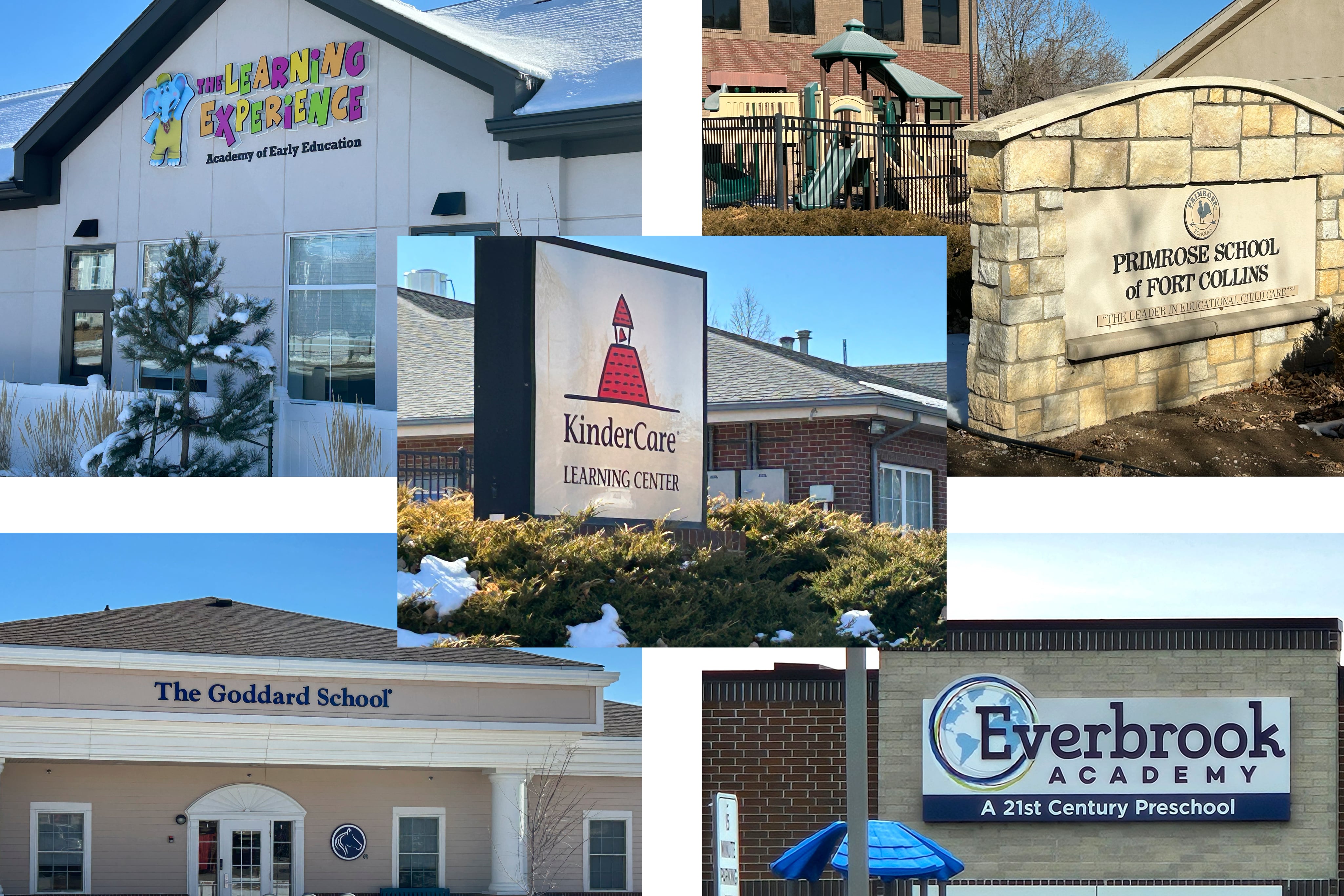Sign up for Chalkbeat Colorado’s free daily newsletter to get the latest reporting from us, plus curated news from other Colorado outlets, delivered to your inbox.
Colorado parents and teachers would get 60 days’ notice about staff layoffs or enrollment changes if their child care centers are acquired by chains backed by private equity firms.
That’s one of the provisions in a bill that cleared its first legislative hurdle Tuesday, with an 8-5 vote in the House Health and Human Services committee.
The bill, sponsored by three Democratic representatives, seeks new guardrails for child care centers backed by institutional investors such as private equity or venture capital firms. Experts say such firms aim to generate big profits for their investors, often at the expense of children, families, and workers. Firms do this by cutting costs and charging fees.
The bill, which was significantly watered down from its original version, represents Colorado’s first foray into child care regulations focused on for-profit child care chains with institutional investors. Other states, including Massachusetts, Vermont, and New Jersey have recently taken similar steps.
Rep. Emily Sirota, one of the bill sponsors, noted the proliferation of private-equity backed centers in Colorado in discussing the need for legislation.
“They are distinct among other child care providers because of the profit maximization motive,” she said. “We think it important as the sector grows, that the state actually have an eye on it.”
A Chalkbeat analysis identified about 175 Colorado centers currently owned or backed by private equity or venture capital firms — about 15% of the state’s licensed child care capacity for young children. They include big names like KinderCare, The Goddard School, Primrose Schools, and the Learning Experience. Many private-equity backed centers are located in wealthier communities, where families can more easily afford tuition and fee hikes, experts say.
Guidepost Montessori, a national child care chain backed by venture capital investors, recently announced the closure of all five of its Colorado child care centers, leaving many parents scrambling to find other arrangements. Company officials cited financial problems for the abrupt decision.
On Tuesday, the bill’s sponsors proposed — and the committee approved — a major amendment that removed key provisions from the bill. One would have barred private equity-backed chains that get state child care funding from requiring centers to do sale-leasebacks. It’s a common practice in the private equity world that forces acquired companies to sell their property and then lease it back from the new owner. Experts say sale-leasebacks can harm companies financially by forcing them to shoulder a new expense. The amended version of the bill has no language regulating sale-leasebacks.
In addition, while the bill still has the original 60-day notice provision for staff layoffs or enrollment changes, the language requiring centers to abide by that in order to receive state funding is gone. Instead, the bill establishes a complaint-based system in which a parent or teacher would have to submit a complaint to the state if they believe the 60-day notice rule was violated. The state would then investigate the alleged violation and, if found, could apply the same penalties it applies for other types of child care violations.
The amendment approved Tuesday also removed a $25 cap on child care waitlist fees. Finally, instead of containing a requirement that private equity-backed centers publicly post tuition and fees, the private equity bill refers to a separate bill being considered that would require all licensed child care providers to do this.
More than a dozen people testified about the bill on Tuesday, with more in opposition than in support. Among those who opposed the bill were Goddard School and Primrose Schools franchise owners and officials from KinderCare and Learning Care Group, a private equity-backed company that runs La Petite Academy, Everbrook Academy, and Children’s Courtyard centers.
Several said they didn’t think it was fair for certain centers to be singled out for additional regulation.
Allison McMurtry, who with her husband owns a Goddard School franchise in Denver, said, “My main concern with this bill is the principle that anything would apply to only a certain ownership structure and not all schools.”
But Elliot Haspel, a senior fellow at the think tank Capita who’s written extensively about private equity in child care, said different kinds of child care providers — for example, those who operate out of their homes and those who operate in child care centers — are already subject to different rules.
“This would just build on that as part of good governance, of making sure that you’re protecting the government’s investment in child care and protecting families in whatever type of care they want to choose,” said Haspel, who supports the bill.
Some opponents of the bill suggested that selling to private equity-backed chains is the only way independent child care providers can exit the field.
Dawn Alexander, who heads a Colorado group that represents private child care providers, said the bill could have unintended consequences for independent child care providers who want to sell their businesses
“You’re going to limit the pool of who they can sell their program to,” she said.
Mindy Goldstein, who owns a Lakewood child care center called the Applewood School, said, “In an ideal world, I’d sell my business to my loyal assistant of eight years … Unfortunately, with commercial interest rates now exceeding 10%, purchasing my business has become nearly impossible for an individual buyer.”
Instead of private equity in child care, she urged lawmakers to develop the child care workforce, provide low-interest loans for child care buyers, and offer tax incentives for locally owned child care.
Rep. Kyle Brown, a Democrat who chairs the committee and represents parts of Broomfield and Boulder, said he was deeply concerned about some of the problems that have erupted in child care and other industries with private equity involvement.
“I think it is appropriate for us to utilize a different standard of oversight so that we can … make sure that private equity-backed entities are operating in the public interest,” he said.
Ann Schimke is a senior reporter at Chalkbeat, covering early childhood issues and early literacy. Contact Ann at aschimke@chalkbeat.org







